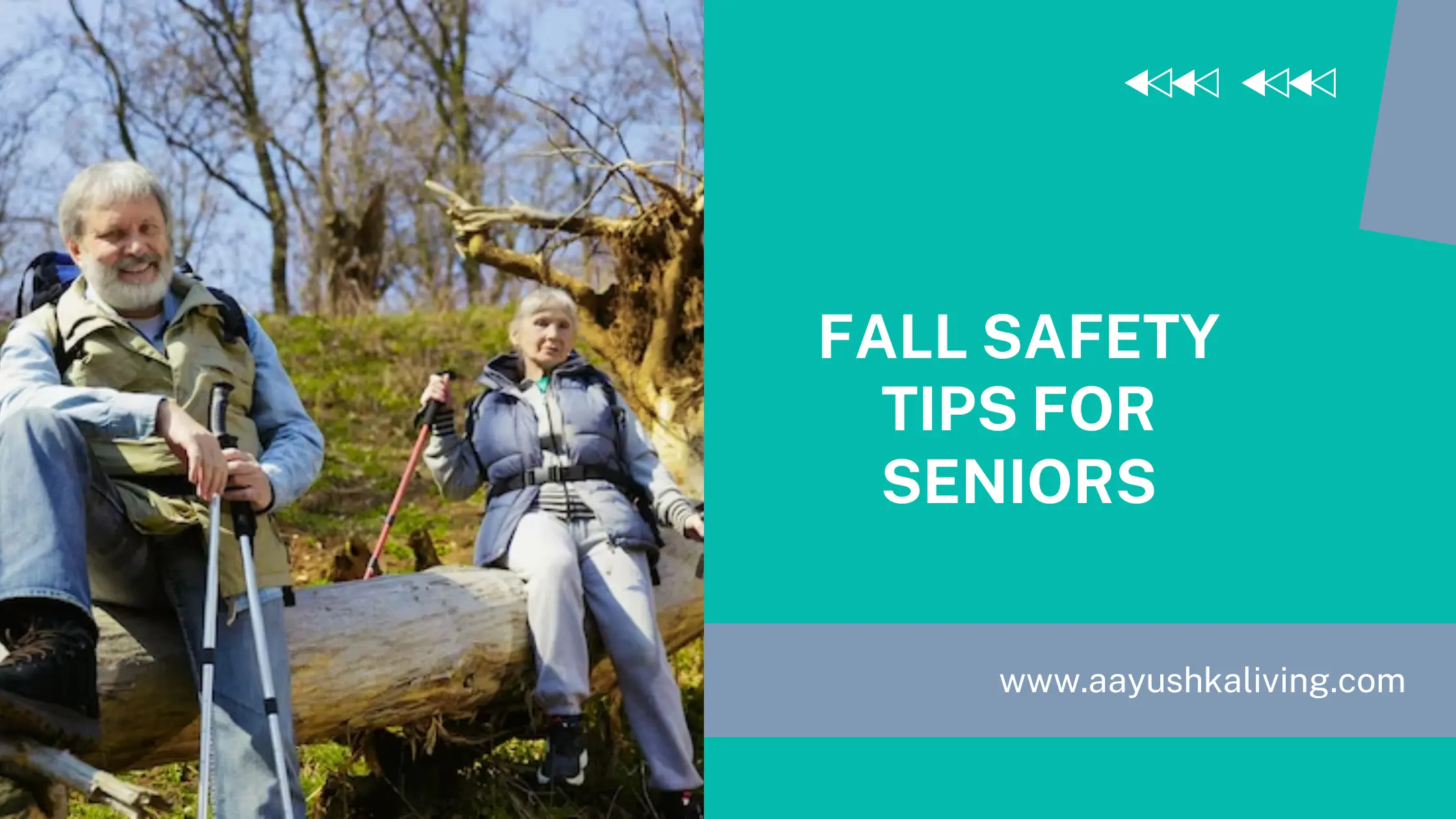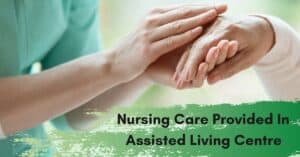As people get older, they are more likely to fall and hurt themselves in other ways. Falls can be very bad for older people because they often cause broken bones, less movement, and a general decline in health and freedom.
But if adults take precautions and follow safety rules, they can lower their risk of falling and keep their health. In this piece, we’ll talk about important fall safety tips for seniors that will help them stay busy and safe in their daily lives.
Seniors can fall for a number of different reasons. Understanding these things can help you find possible risks and take the right steps to avoid them. Here are a few common things that can cause seniors to fall:
Balance and Gait
We can prevent falls as we age. Walking and balance matter most. Walks, tai chi, and gym workouts can improve strength, flexibility, and coordination.
People should be aware of their surroundings, avoid uneven surfaces, and wear proper footwear to avoid falling. These precautions can keep seniors safe and healthy for years.
Vision
As we age, our eyesight can get worse, which can make us more likely to trip and fall. To avoid falling, seniors should get regular eye checks, get rid of things that could trip them up, and make their homes brighter.
Medications
Medicines can cause falls as we age. Seniors who wish to avoid falling can list their prescription and over-the-counter medications and supplements and talk to their doctor.
Seniors could also question their doctors about better methods to take drowsy medications. Seniors should remove trip hazards from their homes and wear protective shoes.
Environment
Falls are the most common way for older people to get hurt, but there are easy things they can do to avoid them. Here are three tips to help adults avoid falling:
- Get rid of dangers at home
- Stay active
- Make sure living areas have enough light.
Chronic Conditions
Arthritis, stroke, and diabetes can make elderly adults more susceptible to fall, which is the leading cause of injury. Three ways chronically ill individuals might prevent falling:
- Discuss medications with your doctor or nurse.
- Exercises like walking or tai chi.
- Make house modifications to prevent falls.
Fall Prevention Tips
Fall protection is very important for the safety and health of older people. Seniors can keep their freedom and lower their chance of falling by using the following tips:
Exercise Regularly to Prevent Falls
Seniors should exercise regularly to avoid falls. Exercise strengthens muscles, improves balance, and alters your gait, preventing falls.
Seniors may avoid falling by monitoring their prescriptions, tracking what they eat, getting adequate rest, not walking after drinking, wearing sensible shoes, removing home dangers, and installing home safety measures.
Keep your Bones Strong
Adults can prevent falls, which grow increasingly harmful with age. For healthy bones, walk or climb stairs. Seniors should also manage their medications, wear supportive shoes, and eliminate household hazards. These strategies help seniors remain secure and independent.
Go for Regular Eye Checks
Falling more as we age might be dangerous. Regular eye exams can prevent falls. Medicine review and home safety can also assist. Talk to a doctor about staying active and avoiding falls to minimise your risk.
Wear Non-slip Shoes
Slip-resistant shoes help adults prevent falls. Wear sturdy shoes with non-slip soles. High heels, smooth feet, and shoes without laces, straps, or buckles increase the risk of tripping and falling. Buy soft trainers and use them often if an elderly person is frightened of falling.
Review your Medication with your Doctor
Falling more as we age might be dangerous. Adults should discuss their medications with their doctors to avoid falling. Some medications make it more likely to fall.
Seniors should also exercise everyday, wear supportive shoes, and keep their homes and toilets safe. These strategies help elders stay independent and reduce their fall risk.
Use Caution on Wet and Icy Surfaces
Trips and injuries increase with age. Elderly persons might fall in ice or wet environments. Seniors should wear supportive shoes, remove home hazards, and maintain their house well-lit to reduce falls.
Seniors should exercise, eat well, take their medications, and rest. Finally, older persons who live alone should consider a home security and alarm system to stay secure.
Avoid Alcohol
It’s not a good idea to walk after drinking alcohol because you’re more likely to lose your balance and fall, which can cause serious health problems.
Avoid Walking After Drinking
Ageing makes falls riskier. Seniors shouldn’t walk after consuming alcohol to avoid falling. Alcohol might make you tired, disoriented, and prone to falling. Stay vigilant, walk in well-lit places, and watch out for uneven surfaces and objects. These simple measures help seniors walk safely and avoid falls.
Conduct a Safety Assessment of your Home
As we get older, we need to take steps to keep from falling. Taking a look at how safe your home is is a good place to start. Get rid of things that could trip you up, improve the lighting, and wear smart shoes to lower your risk of falling.
Conclusion
Falls are a major threat to the safety and health of adults. However, many falls can be avoided by taking the right safety measures. By putting fall safety first, older people can keep their freedom, live a busy life, and lower their risk of getting hurt seriously.
Don’t forget that it’s never too late to start doing things to keep from falling. By using the tips and suggestions in this piece, seniors can make their homes safer, improve their balance and strength, and reduce the chance that they will fall. Seniors can stay healthy and enjoy life to the fullest by staying informed and taking action.





